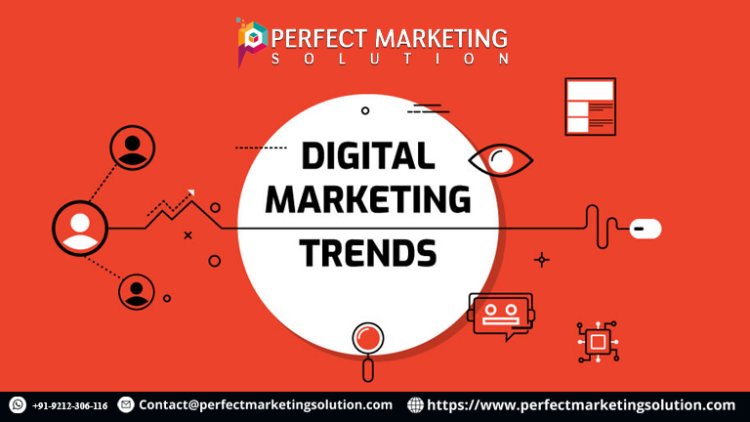What Prevents Us from Leading a Sustainable Life Today?
Government policies and regulations significantly influence our ability to adopt sustainable practices. Inconsistent or weak policies, inadequate enforcement, and lack of incentives can hinder progress.

What is Still Holding Us Back from Living a Sustainable Life?
In today's world, where environmental concerns are at the forefront of global discussions, the need for sustainable living has become more crucial than ever. Sustainable living encompasses various aspects, including reducing our carbon footprint, conserving resources, and promoting eco-friendly practices. While progress has been made in many areas, there are still significant challenges and obstacles that hinder our transition to a fully sustainable lifestyle. This article delves into the factors that are holding us back from living a sustainable life and explores potential solutions to overcome these hurdles.
Living a sustainable life means making conscious choices that minimize our impact on the environment while maintaining a high quality of life. It requires integrating sustainable practices into various aspects of our lives, including energy consumption, waste management, transportation, and food production. Despite growing awareness and efforts, several factors continue to impede our progress toward sustainability.
Lack of Awareness and Education to Sustainable Living
A significant obstacle to sustainable living is the lack of awareness and education among the general population. Many individuals are unfamiliar with the concepts of sustainability and the consequences of their actions on the environment. Educating people about the importance of sustainable living and providing them with practical tools and resources can empower them to make informed choices.
Financial Constraints
For many individuals and communities, the cost of sustainable alternatives remains a major barrier. Renewable energy systems, energy-efficient appliances, and organic products often come with a higher price tag. Addressing financial constraints by making sustainable options more affordable and accessible can encourage wider adoption.
Limited Access to Sustainable Alternatives
In certain regions, limited access to sustainable alternatives hinders the Transition to eco-friendly practices to a sustainable lifestyle. This includes inadequate public transportation, lack of recycling facilities, and limited availability of eco-friendly products. Investing in infrastructure and expanding the availability of sustainable alternatives can bridge this gap.
Cultural and Social Norms
Deeply ingrained cultural and social norms can pose challenges to sustainable living. These norms may encourage excessive consumption, wasteful practices, and a disregard for environmental consequences. Encouraging a shift in cultural values and promoting sustainable behaviors can help overcome these barriers.
Infrastructure and Urban Planning
The design of our cities and infrastructure plays a crucial role in determining our sustainability. Inadequate urban planning, lack of green spaces, and inefficient transportation systems contribute to Environmental consciousness degradation. Emphasizing sustainable urban development and incorporating green infrastructure can create more livable and eco-friendly communities.
Government Policies and Regulations
Government policies and regulations significantly influence our ability to adopt sustainable practices. Inconsistent or weak policies, inadequate enforcement, and lack of incentives can hinder progress. Implementing robust policies that promote sustainable practices and provide support to individuals, businesses, and communities is vital.
Technological Limitations
While technology has advanced significantly, certain limitations still exist in terms of sustainable alternatives. Developing and improving renewable energy systems, energy storage solutions, and sustainable materials are crucial for a sustainable future. Continued research and innovation can help overcome these technological barriers.
Short-Term Mindset and Instant Gratification
Many individuals prioritize short-term gains and instant gratification over long-term sustainability. This mindset can make it challenging to adopt sustainable habits that require patience and long-term commitment. Promoting the benefits of sustainable living and highlighting the positive impact it can have on future generations can help shift this perspective.
Consumerism and Overconsumption
Consumerism and overconsumption contribute to environmental degradation and unsustainable practices. The constant pursuit of material possessions and the throwaway culture lead to excessive waste generation and resource depletion. Encouraging mindful consumption and promoting the circular economy can address these issues.
The Influence of Corporations
Corporations play a significant role in shaping consumer behavior and influencing sustainability practices. Some businesses prioritize profits over sustainable practices, leading to environmentally harmful activities. Holding corporations accountable, promoting transparency, and supporting companies committed to sustainability can drive positive change.
Psychological Barriers and Behavior Change
Changing deeply ingrained habits and behaviors can be psychologically challenging. Overcoming sustainability barriers and resistance to change, addressing cognitive biases, and providing support for behavior change are essential. Promoting the benefits of sustainable living, fostering a sense of collective responsibility, and encouraging small, achievable steps can facilitate behavior change.
Time Constraints and Busy Lifestyles
Modern lifestyles often leave little time for individuals to prioritize sustainable practices. The demands of work, family, and personal commitments can overshadow sustainable living efforts. Integrating sustainability into everyday routines, providing time-saving solutions, and emphasizing the importance of balance can help overcome this obstacle.
Skepticism and Greenwashing
Skepticism and the prevalence of greenwashing can erode trust and hinder progress toward sustainability. Greenwashing refers to misleading marketing practices that falsely claim eco-friendliness. Promoting transparency, educating consumers to recognize greenwashing, and supporting reputable certifications can address this issue.
Lack of Collaboration and Collective Action
Achieving sustainable living requires collaboration and collective action. Fragmented efforts and lack of cooperation among individuals, organizations, and governments can slow progress. Encouraging partnerships, fostering collaboration, and creating platforms for knowledge sharing and collective action can accelerate the transition to sustainability.
What's Your Reaction?





















